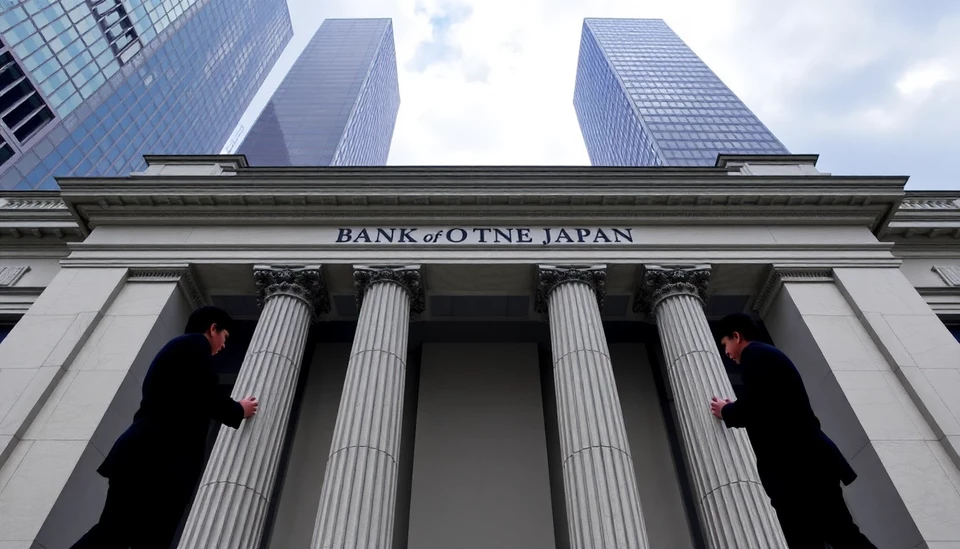
The Bank of Japan (BoJ) has conveyed its intention to maintain its current approach regarding interest rates, signaling minimal impetus for immediate rate hikes. This decision comes as the central bank assesses the ongoing economic landscape and inflation trends within the country.
In a recent statement, BoJ officials indicated that while the economic environment continues to evolve, they see little necessity to alter their fundamental policy framework. This stance reflects a broader commitment to ensure stable growth and address inflation challenges, particularly amid global economic uncertainties.
Despite varied expectations in the financial markets regarding potential adjustments, the BoJ remains cautious. Officials argue that inflation is still not at a sustained level that justifies an abrupt shift in monetary policy. The current inflation figures, while higher than Japan's historical averages, have not reached the threshold that would compel the central bank to pivot towards substantial rate increases.
The BoJ's steadfast approach is underscored by a desire to support recovery efforts, especially following the economic disruptions caused by the pandemic. By keeping interest rates low, the bank aims to foster consumer spending and investment, which are critical drivers for economic revitalization. Furthermore, the BoJ seeks to bolster confidence among investors and consumers during a time when many economies are grappling with inflationary pressures.
Moreover, officials within the central bank view the situation as one that requires careful calibration rather than hasty decisions. They emphasize the importance of closely monitoring price stability and labor market conditions before implementing any significant policy adjustments. The bank's proactive measures in the past have laid down a robust framework that supports sustained economic growth without jeopardizing financial stability.
This news comes at a time when other central banks around the world are also navigating similar challenges, weighing the impacts of inflation against the need for growth stimulation. While the BoJ's consistent policy stance diverges from some global counterparts that are leaning towards rate hikes, it reflects Japan's unique economic dynamics and historical context.
Market analysts are watching closely to see how this approach affects Japan's currency and the wider Asian markets, particularly in relation to ongoing geopolitical developments and supply chain disruptions. The BoJ’s decision-making process will remain under scrutiny as stakeholders assess the potential implications on economic performance and investor sentiment in the upcoming quarters.
In conclusion, the Bank of Japan's current stance on interest rates reinforces its long-term commitment to fostering stability amid evolving economic conditions. As the global economic landscape remains complex, the central bank's careful and measured approach signifies its dedication to sustaining recovery while addressing the nuances of inflation.
#BankOfJapan #MonetaryPolicy #InterestRates #EconomicGrowth #Inflation #JapanEconomy
Author: Daniel Foster




